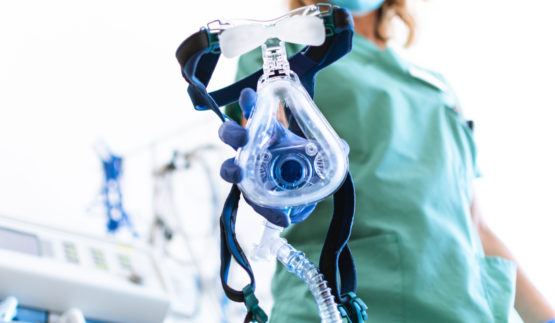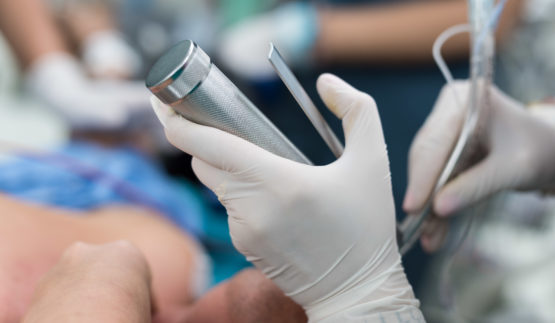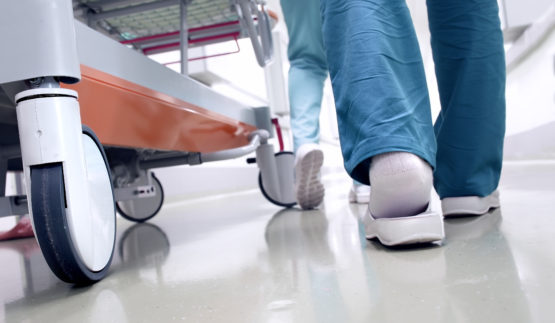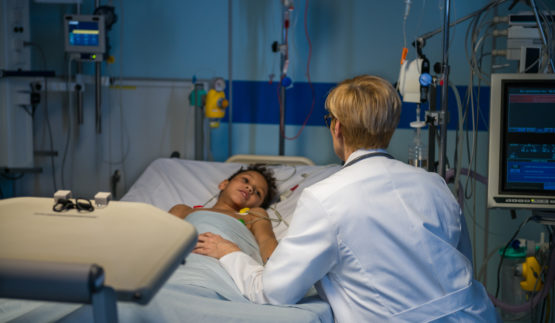
June 24, 2021
Observations of High-pressure and Rapid Shallow Breathing in Mechanically Ventilated COVID-19 Patients: An Interim Assessment
by Jessica Serrao and John Zaleski
An ongoing study shows that combination smart alerts derived from medical device data can help to identify clinically actionable events.

May 11, 2021
Smart Alert: A Harbinger of Adverse Events in Critical Care Settings
by Jessica Serrao
Contextualized surveillance smart alerts support patient safety and clinician satisfaction by helping identify emergent clinically actionable events and reducing alarm fatigue.

May 6, 2021
Adverse Events Can Happen Anywhere, Anytime, Including Patient Transport
by Halley Herndon and Cathleen Olguin
Healthcare organizations efficiently harness valuable waveform data for clinical research, utilizing advanced integration technology to capture waveforms from medical devices and tailor the data to the requirements of downstream systems such as analytics applications and research databases.

April 21, 2021
Efficiently Accessing Waveform Data Can Yield Stronger Clinical Research and Outcomes
by Teresa Soman, Cathleen Olguin and John Zaleski
Healthcare organizations efficiently harness valuable waveform data for clinical research, utilizing advanced integration technology to capture waveforms from medical devices and tailor the data to the requirements of downstream systems such as analytics applications and research databases.

November 24, 2020
A Nurse’s Greatest Fear: Missing Signs of Preventable Patient Deterioration
by Cyndi Coyne, BSN, RN
Patient care requires continuous cognitive shifting and stacking to identify and prioritize clinical tasks. Processing the vast volume of information alone is stressful, then consider that shifting and stacking can potentially distract a clinician from noticing a warning sign of patient deterioration. The best result would be a slight delay in the delivery of needed care, while the worst result would be A Nurse’s Greatest Fear.

October 20, 2020
Edge Computing Part 2: Protecting Medical Devices and the Network from Cyberattack
by Christophe Dore and Robert Cohen
Edge computing allows you to create a secure “mini network” of a patient’s bedside medical devices, separate from the hospital’s main network. The edge computing device provides added security by controlling data exchange at the application level, rather than the network level.






